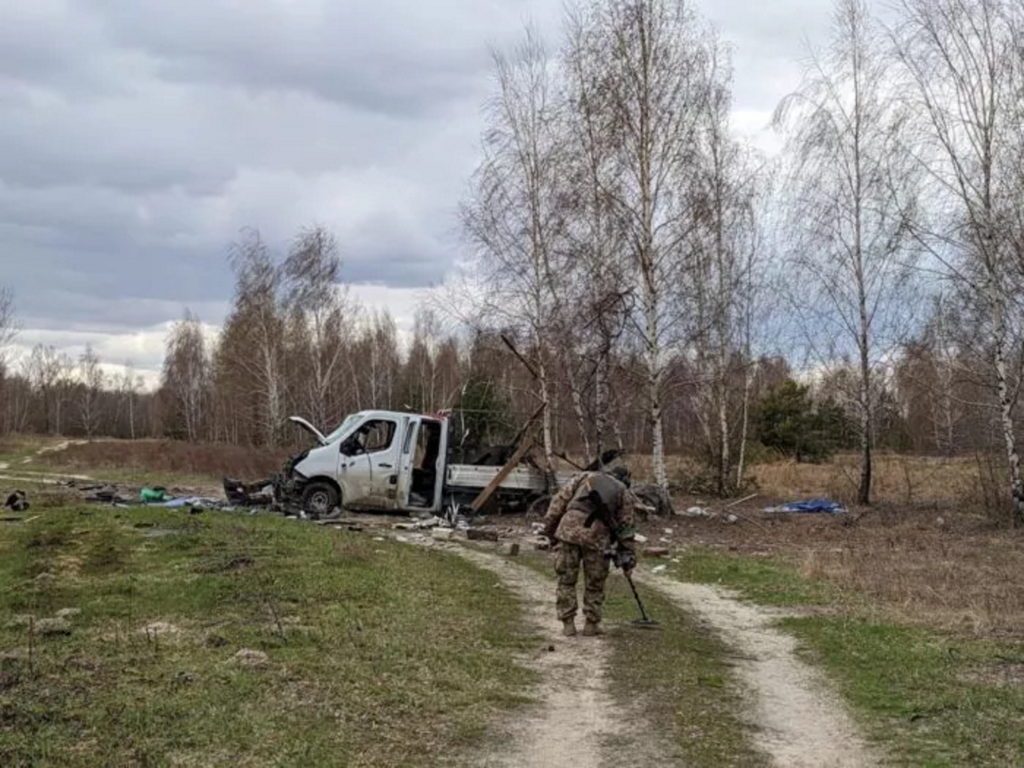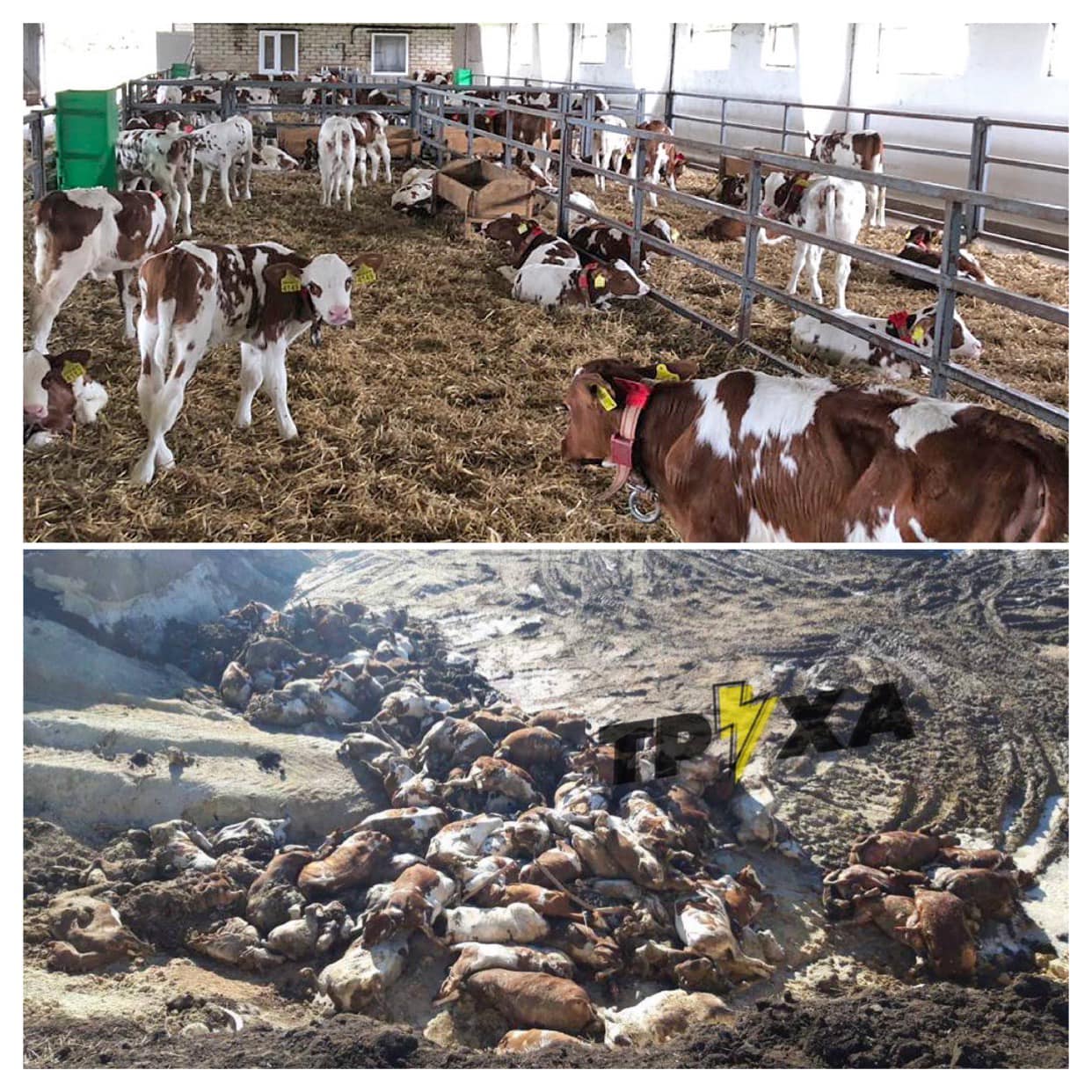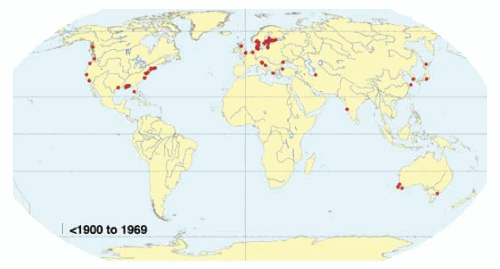Russia’s war destroys Ukraine’s economy, spurs global food and economic crisis – “The war in Ukraine can throw more than 1/5 of humanity into poverty, destitution, and hunger on a scale not seen in decades”

25 April 2022 (Euromaidan Press) – February 23 was an ordinary workday for the thousands of employees on two very different facilities: Chornobayivka chicken farm near Kherson and Azovstal, a giant steel mill in Mariupol. Now, after two months of the war, they are equally jobless due to the destruction of both enterprises: either by a Russian blockade or endless airstrikes.
As well as dairy farms in Chernihiv and Kharkiv oblasts, an oil refinery in Kremenchuk, a grain elevator in Mykolaiv, food storage in Brovary, plants, and land farms across the country – Russians are intentionally ruining the Ukrainian economy.
Having failed to seize Kyiv, they plan to “bomb Ukraine into the rubble.” So far, they failed – but the side effects of this total war can produce a new wave of hunger worldwide. An economic crisis will follow.
Ukraine feeds hundreds of millions of people. War stopped this
Dubbed the “breadbasket of Europe,” the country was as important in the food market as the Gulf States on oil is.
As of 2019-2020, Ukraine became the world’s second-largest exporter of grain. In 2021, agricultural exports increased by 25%. Wheat, barley, corn, other cereals, and vegetable oil are the key Ukrainian goods. The country is also the world’s fifth-largest exporter of chicken. It’s cheap and therefore provides affordable meat.
And due to Ukrainian access to the seas, local goods were sold worldwide: from the EU to Indonesia, Egypt, China, and Pakistan. Egypt buys more than 20% of its wheat from Ukraine, for Lebanon, this figure reaches 80%. In China, the world’s second-most populous country, more than 50% of corn and sunflower oil were of Ukrainian origin.
According to the Institute of Agrarian Economics, the majority of goods went to Asia, Africa, and the EU.

And for the same reason, buyers now risk being left without Ukrainian food products. The Russian army has blocked Ukrainian ports since the beginning of the war, although they have no military significance. They destroyed the city of Mariupol, captured Berdyansk, shelled Mykolayiv and Odesa, and blocked the Black Sea for merchant’s vessels.
According to the Center for Economic Strategy, agricultural exports decreased by 8-10 times. Ukrainian authorities and manufacturers are changing trying to export by rail, but it could take up to three years.
“We have corn, wheat, and oil. Russian ships shooting merchant’s vessels is the obstacle to export … Only normal peaceful trade can save the world from the current food crisis,” said Taras Kachka, Deputy Minister of Economy of Ukraine.
The Russian army is also trying to jeopardize the future harvest which is sowed right now. First of all, farmers need fuel for tractors, but the aggressors are systematically destroying oil terminals across the country. While retreating, they are shelling farms and stealing equipment from them. Almost half of the country’s territory needs to be surveyed because of mining.
Farmers waiting for military engineers and working in bulletproof vests – now it is a typical picture of the Ukrainian North. But they still have better chances than their colleagues from the Donetsk, Kherson, or Kharkiv oblasts where fighting is going on.
According to the UN Humanitarian Office, up to 30% of Ukrainian lands will not be sown due to the war.

The world will face a food crisis affecting every fifth inhabitant of the Earth
While ports are blocked and farmlands turned into battlefields, WTO Director-General Ngozi Okonjo-Iweala warns about risks to food security, for poor countries especially. Obviously, grain can be bought elsewhere, but shortages and higher prices mean it would be less food for the same $1000 than a year ago.
Citizens of Egypt or Kenya may live far from Odesa but will pay more in their food stores. According to the UN Food and Agriculture Organization, as of March, prices for grain, vegetable oils, and meat rose to the highest level during the observation period (by more than 34% per year). Egypt, Tunisia, and Morocco have already felt the effects and are preparing for a more serious crisis.
Famine may not overcome whole countries immediately, but for less affluent citizens, rising food prices could mean empty plates, which may become a regionwide problem. In the past, Egyptians and Sudanese, unable to buy basic food, staged bread street riots. In the crisis-hit Lebanon, many are already fed by volunteers.
“The war in Ukraine can throw more than 1/5 of humanity into poverty, destitution, and hunger on a scale not seen in decades,” says UN Secretary-General Antonio Guterres. Experts mark North Africa and the Middle East, the Sahel region, and East Africa as the main endangered regions. According to analyst Andriy Yarmak, an additional 700 million people will be on a brink of starvation. [more]
Russia’s war destroys Ukraine’s economy, spurs global food and economic crisis

